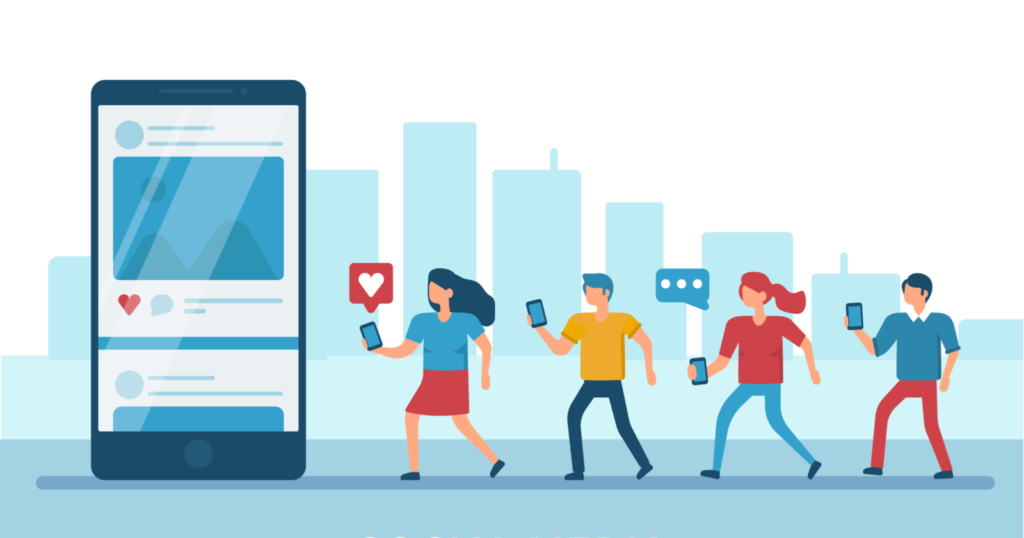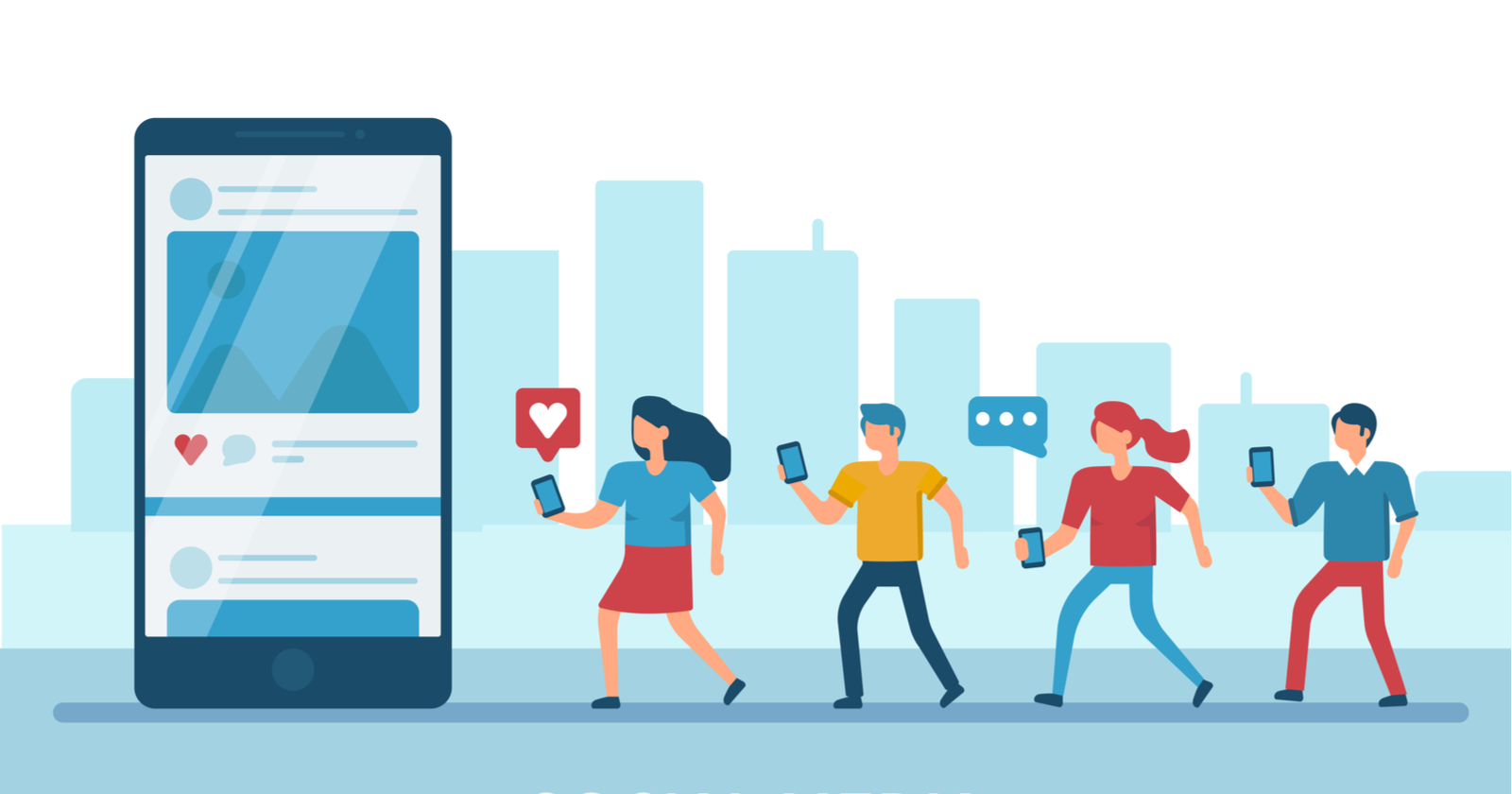20
Jun 2020
Social media and you

I remember the land before social media. I was working at the Brantford YMCA as a coordinator for the summer camp program. Working in an office, getting ready to meet my counselors, my boss actually came into my room and asked if I was on Facebook. I wasn’t. She told me to get an account so we could be friends on the site, and I did – imagine that, a boss that wanted me to be on Facebook, at work!
From there, in the months to follow, I remember sharing pictures from a concert I had attended with a few slightly-more-than-intoxicated friends of mine. I also remember posting pictures of my cat, Tucker, and a new tattoo I got on my arm. In the past, these were elements of myself that, much like a blog, I wanted to project to the outside world, for some reason or another. Now, it’s just as easy to draw a line to parallel those pictures to elements of my personality, my physical description and my interests – all parts of myself that I should be the gatekeeper for.
The best way I can explain this, without pointing too heavily towards computer-security conference talks that go very deep into the profiling methods of major social networks, it to say it simply; you have the ability to be the owner of your information, and you should want to do that. Most often, when I’m talking to people about internet privacy, questions about keeping secrets or just short of that, the idea of not sharing absolutely everything is often met with a common phrase. Almost apologetically, I’m told “I have nothing to hide.”
Allow me to offer an argument to the opposite. It’s my strongly held belief that you do, in fact, have everything to hide when using the internet. In a simple example, we’ll look at my latest phone call with my grandmother. I called my Gran a few days back, we chatted mainly about our family and we touched a little on local politics, including the ordeal surrounding the Costco that’s coming to town. Now, we weren’t planning any revolutions or bad mouthing any local authorities, but that doesn’t mean I’d be any more comfortable with anybody else hearing our conversation. A far-reaching example, I know, but the crux of the argument stands. We have to be able to keep secrets and keep private information between us. That’s where the internet gets tricky.
Technically, when you type something out on a Twitter post, be it the mechanical Logitech on your desk or the touch-screen on your phone, the information there is being sent out to whomever you’ve selected. If the options exist, we can sometimes disallow the public from seeing what we record on social media. It’s imperative to understand, however, that even the words you’ve typed out in a private message to another Facebook user, for example, are being stored on a server somewhere in the glowing-blue data centre in Silicon Valley. That information, even though you’ve called it ‘private’ on the site, is logged somewhere, accessible by the company that hosts it, law enforcement and government officials, should they request it.
This brings to light murky ethical questions. In times of emergency or investigation, like the iPhone debacle after a mass shooting in the States where the FBI wanted to, as some argued, unethically unlock the shooters iPhone, we haven’t figured out what the right course of action should be. The technology just hasn’t existed long enough for us to have written the tried-and-tested rules like we have for so many other elements of our societal interactions.
We stand, as internet users, at a unique time to be engaged in this new and ever-evolving technology. While our natural hesitation when asked about why we keep information private to ourselves is to push back with openness and transparency to prove our innocence, we can instead actively choose to embrace our private lives as equal parts of ourselves and defend our government-granted right to keep secrets, keep information and keep our very thoughts to ourselves.
The tricky part of social media is that there seems to be a reward system built into our brains when we get likes, hearts or retweets on social media from the stuff we’ve put out there. All it takes is a bit of forward thinking. We have to imagine the implications of announcing a vacation on Facebook – would you put a sign on your lawn letting your neighbourhood know when you’d be away, leaving an empty house behind?
Between the stories we hear about bullying online that carries with it the results of anxiety, social pressures and even darker outcomes, there are great patches of inspiration. Tweetstock, a seminar series that found a home for a few years in Brantford helped emerging businesses connect and share. Businesses have started in our city to piggyback on this idea and more, helping start-ups find their voice online. Not-for-profits have used Facebook immensely to help raise funds and plan programming for the underprivileged people in our community. Events like the Taste of Glenhyrst and Villages festivals continuously shine a spotlight on the people of our city by popping up on Instagram and Facebook feeds on a regular basis.
Social media has become a platform for connectivity between all the people around us that we’ve never had. It has fuelled entire governmental overthrows, policy changes and social movements at a level that has rewritten our ideas surrounding activism and what it means to be a participant in the democratic process. With these amazing powers, however, comes the responsibility of using them correctly, justly and with the future of it’s use in mind. Surely it’s been said before, but from my own mind, I can see Uncle Ben looking over the code behind the mighty social media titans, imagining what responsibilities are shared between the sites themselves and the users that log in.
